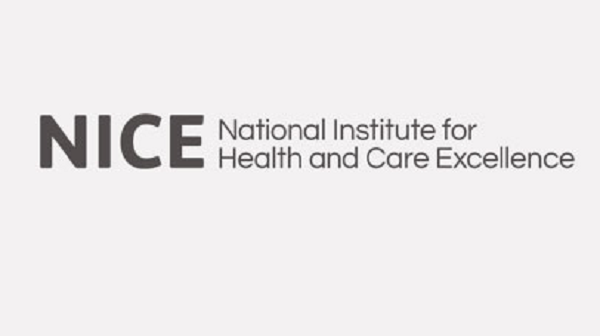
Clinically Reviewed by Dr. Olalekan Otulana (Advanced Practitioner)


All information on this page has been reviewed and verified by a certified addiction professional.
Last Reviewed: 1st December 2023







